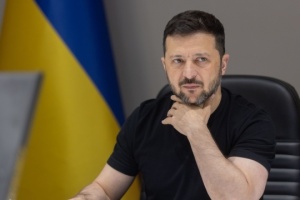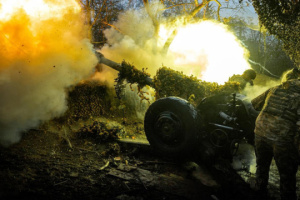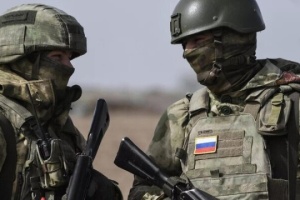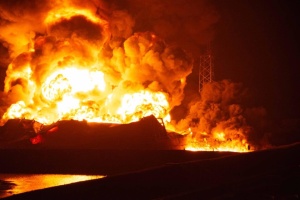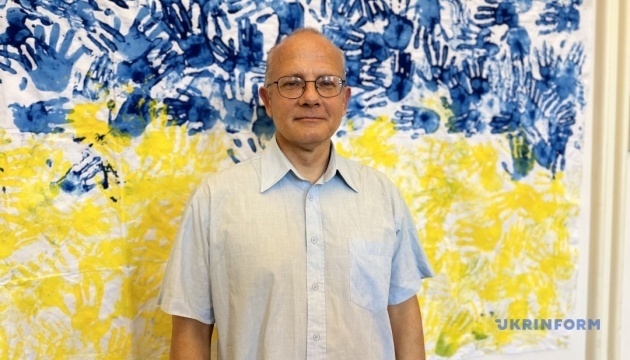
Ukraine trying to change war discourse with Kursk operation – German expert
Andreas Umland, an analyst at the Swedish Institute of International Affairs, said this in a commentary to Ukrinform.
“Ukraine has attempted to change the war discourse and reformat it in a new way, to change the situation on the ground, to change the whole discussion around the war. This is, of course, a risky strategy, but the operation is overall very successful,” Umland said.
In his opinion, the “preferred strategy” would be simply to liberate Ukrainian lands as Ukraine wants to recapture its territories and it does not need Kursk or Belgorod or Bryansk. However, to conduct offensives in Donbas or in the Zaporizhzhia and Kherson regions, in Crimea, Ukraine does not have enough weapons, as it requires much more heavy weapons, air superiority, artillery, etc. At the same time, an intelligence assessment determined that the border in the Kursk region was not sufficiently protected, prompting Ukraine, with the resources and capabilities at its disposal, to initiate this attack.
Umland suggests that the operation was even more successful than Commander-in-Chief Oleksandr Syrskyi expected. It was hard to expect that the Ukrainian forces would take under control so much territory and that so many Russian conscripts, FSB agents, etc. would surrender. He said that the capture of Russian conscripts and their subsequent exchange was “a very pleasant side effect,” which was hardly the primary objective.
The expert characterized the Kursk operation as a "strategy of desperation," but asserted that it was the appropriate course of action.
“Given the situation in July, it was probably the best thing to do,” he said. The war of attrition is beneficial for Russia because it has more resources and can wage it for years. Moreover, the Russian industry has been switched to wartime mode. Furthermore, there is no guarantee that Ukraine will continue to receive support in the future, Umland said.
“The 'alternative strategy' of the Ukrainian Armed Forces proved that even under such conditions it is possible to be active in this war, not just passive,” the expert said.
This was something that had not been possible in the east over the past year, where the front line was well fortified. So Ukraine has used the situation to change overall discussions about the war - in Russia, in Ukraine, in the West, and, importantly, in China, Brazil, India, and others.
Speaking about the “red lines” and the Kremlin's earlier threats to respond with a nuclear strike to an attack on Russian territory, Umland said that this is just rhetoric aimed at a broader public, such as the German public, and an attempt to intimidate.
“The very fact that German tanks are on Russian territory is something that should have led to World War III a long time ago. They should have hit Berlin with a nuclear bomb a long time ago,” the analyst said.
As for the permission to use German weapons to strike on Russian territory, Umland noted that Germany has never declared any restrictions, and currently the issue of permission to hit targets deep inside Russia is not on the table for the simple reason: Germany has not supplied long-range weapons to Ukraine - neither aircraft nor Taurus missiles. However, now that the Armed Forces of Ukraine are already on Russian territory, they are using German equipment in Russia, he said.
When asked about the prospects for Germany's transfer of long-range Taurus cruise missiles, Umland said that “the problem is not only and not so much with Chancellor Scholz,” but the public mood in Germany. In general, Germany understands the need to support Ukraine, but there are also fears that the transfer of such powerful missiles could drag Germany into a war. The expert believes that this issue needs to be worked on, more discussions are needed, and if the public changes, it may force Scholz to change his position.
As Ukrinform reported, the Armed Forces of Ukraine launched an offensive operation into Russia’s Kursk region on August 6, 2024.

